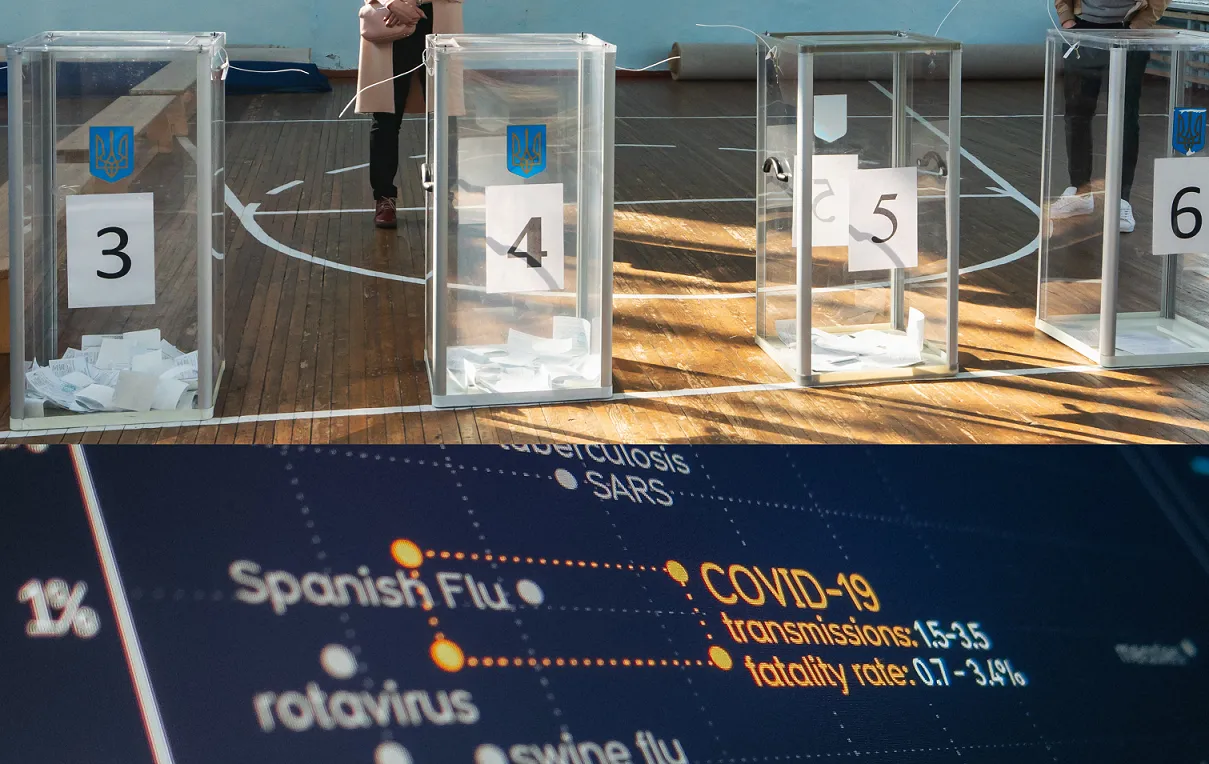When Is It Democratic to Postpone an Election? Elections During Natural Disasters, COVID-19 and Emergency Situations

Below is the abstract of the article published in The ELECTION LAW JOURNAL (Volume 19, Number 3, 2020) authored by Sead Alihodzic, Senior Programme Manager in the Electoral Processes Programme, International IDEA and Toby S. James, Professor of politics and public policy in the School of Politics, Philosophy, Language, and Communication Studies at the University of East Anglia, UK.
"Holding regular elections is an essential feature of democratic practices. The case for postponing elections is often made during emergency situations, however. Despite the critical nature of the issue for democracy, peace, and security, there has been sparse academic literature on election postponement.
This article provides a new typology of reasons why elections might be delayed to disentangle the causal factors and normative rationale. It distinguishes the humanitarian case for temporary postponements during natural disasters. It then argues that substantive concepts of democracy and electoral integrity, rather than existing international/national laws and standards, should be used to inform decisions about postponement by relevant stakeholders, be it an electoral management body (EMB), government, parliament, or the judiciary. The possible effects of natural disasters on electoral integrity are traced through a comparative analysis of past cases.
The article holds that variations in context and the ability of actors to strategically adapt to situations will make the effects contingent. Nonetheless, holding elections during natural disasters will often lead to severely compromised opportunities for deliberation, contestation, participation, and election management quality. There is therefore a strong, democratic case for time-limited postponement. However, the postponement will break institutional certainty, which could pose threats of democratic breakdown—especially in presidential systems.
The best available safeguards for electoral integrity during natural disasters include the introduction or expansion of low-tech solutions such as early voting, strengthened risk management, but also transparency and inclusivity in decision making. Overall, there are important lessons for the broader scholarship and practice of democracy during emergency situations."
To read the full text of the article, please visit the ELECTION LAW JOURNAL website.




